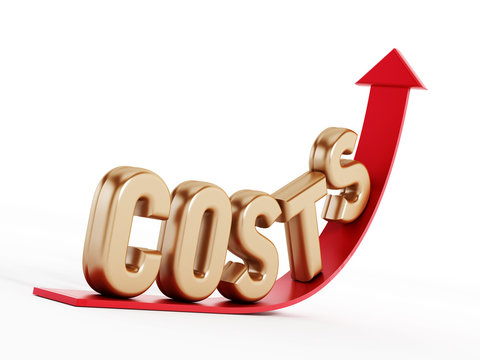Ever wonder why rates increase?
-I had no accidents or tickets why did my rate go up?
The answer is easy, but if no one ever explains to you how insurance works then it’s hard to understand, so you are not alone!
Insurance by definition is: a transfer of risk
The higher your risk, the higher your cost. The lower your risk, the lower your cost. Let’s look at a few of the things that impact risk:
-The car you chose to driver
-The coverages you chose
-Your driving history
-Your zip code
-Annual mileage
-Credit Score (you’ve got to be kidding right?)
Here is a brief overview of each of those:
-The car you chose to driver. This one is likely obvious, but think of driving a Dodge Challenger Hellcat vs a Toyota Prius. If you need more understanding on this one, call me!
-The coverages you chose: State minimum liability, no rental, no roadside coverage vs higher liability limits & full coverage. The more coverages you have the higher the cost. Higher coverages means the more “financial risk” the insurance carrier takes vs you. The lower your coverages, the more “financial risk” you take on.
Example story: (Review Liability -What?) blog
-Your driving history: Another obvious one, but let’s not assume. If your driving history is less than desirable, this should be obvious! I was always curious why a speeding ticket increases my cost of insurance? My thought was, well my insurance didn’t pay a darn thing, so why in the world does that affect my insurance? Short answer, your risk increases! As we learned above, as risk increases, so does your cost.
-Your zip code: This is really based more on the amount of activity, such as claims in a particular zip code. If you are in an inner city area where there is more traffic, there is also a higher liklihood of claims, thus a higher risk, so the cost is higher. If you live very rural, you may notice insurance to be a little less expensive vs living in a big city.
-Annual mileage: Another easy one, but let’s get to it. The less you drive, the lower your risk. The more you drive, the higher your risk. If you drive less you expect to pay less & the same thing applies if you drive more.
-Credit Score: This one usually makes us frustrated! Understandably so! The higher your credit score, the lower your risk. The lower your credit score, the higher your risk. This is true more times than not, but statistically speaking drivers with higher credit scores have better driving history. Drivers with lower credit scores have more on their driving record. I certainly don’t agree with this concept, but these are the rules that we all have applied to us. We just have to do the best we can to improve.
Lastly, insurance works like a Co-op. Loses are shared amongst all policy holders basically. When there is an accident money comes out of that co-op. When more money is spent than goes in, rates increase. This is how your claims are paid in an accident. We all have a reason to drive responsibly. Not just for the obvious safety concerns, but also to protect our rates!
So the next time you see someone post on Social Media about how much they pay for insurance it’s really a waste of time & is absolutely not relative unless they post ALL of the information above as well. It’s never an apples to apples comparison, so don’t get caught up in the social media drama that follows those posts!
At the end of the day, the more you know, the more understandable things become. My mission here is to help you “know more”!


